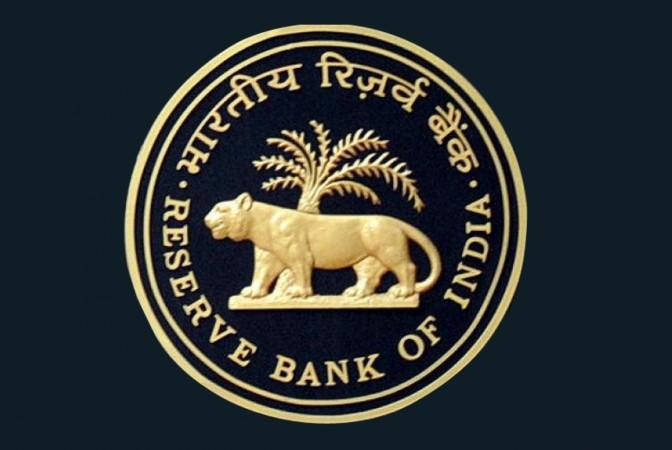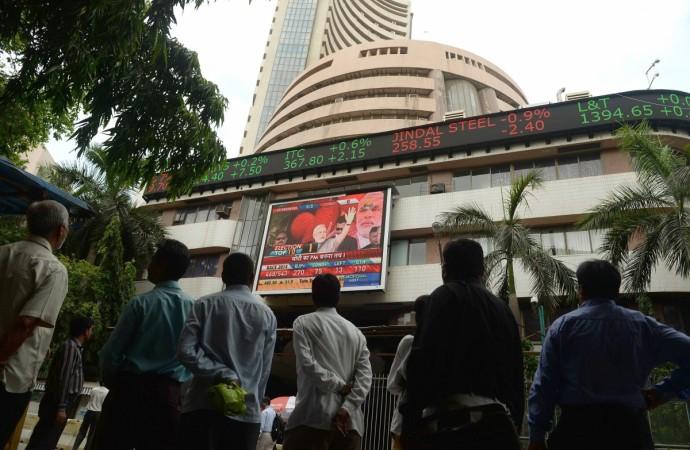
The Reserve Bank of India (RBI) may cut its benchmark repurchase (repo) rate for a sixth time in a row soon, market experts feel. The central bank's Monetary Policy Committee (MPC) reduced the interbank interest rate by 25-basis point on Friday for the fifth straight time. But the widely expected rate cut triggered a further market collapse with both Bombay Stock Exchange (BSE) Sensex and National Stock Exchange (NSE) Nifty taking a hit. Sensex slumped 433 points or 1.14 percent to close at 37,673 points and Nifty 139 cracked points or 1.23 percent to close at 11,174 points.
RBI governor Shaktikanta Das said after the MPC meeting that the central bank would do "whatever it takes" from its side to boost economic growth, even as the RBI guidance continued to hold as "accommodative". Das suggested there was still room for monetary easing as the inflation has remained well within the target.
Central banks around the world have been slashing interest rates to tide over the global slowdown. The RBI slashed repo rate to 5.15 percent even as it lowered the growth forecast for the year to 6.1 percent from the earlier 6.9 percent as the economy has been facing a slowdown. Finance Minister Nirmala Sitharaman has launched a series of measures including bank recapitalization to pushing lenders to lend more and cutting the corporate tax rates to attract more investment.
However, it is widely believed that any further slide in the growth rate will hurt Prime Minister Narendra Modi's push for making India a $5-trillion economy my 2025, which requires a much higher growth rate. India's growth worries have been aggravated by fears of a worsening US-China trade war and Brexit hitting global trade. India is also worried that any spike in oil prices will set oil prices rising amid increasing Middle East tension after US President Donald Trump tore up the Iran nuclear treaty and Iran-Saudi tensions over arming the Houthi rebels of Yemen who recently hit Saudi Aramco's oil installations. Higher crude prices could cause runaway fuel price rise and cause inflation to spike beyond acceptable levels.

Though Friday's rate cut was a unanimous decision by all six MPC members, except that there was one vote for a steeper 40 basis-point easing, the markets have not taken kindly to the quantum of the cut, reports suggest. Though the repo rate has hit the lowest in almost a decade and reduces the inflation-adjusted real rate below 2 percent, the failure of the RBI to surprise the market with a larger than 25 basis point cut is blamed on the slide in the market that had already priced in that 0.25 percent reduction. Like other emerging markets, the RBI needs to keep the rate attractive enough to lure foreign funds into the country to finance its current-account and budget deficits, according to a report in the Business Standard.
Market observers say an unconventional 35 basis-point move in August from the RBI whetted the appetite of the market for larger quantum of reduction, considering the prevailing sentiment of an economic slowdown. The rupee fell against the dollar, reversing early gains, while yields on India's 10-year bonds jumped 4 basis points to 6.65 percent.
The market reaction reflects "over-exuberance about bigger rate cuts getting dented," the report quoted Naveen Singh, head of fixed-income trading at ICICI Securities Primary Dealership in Mumbai, as saying.








